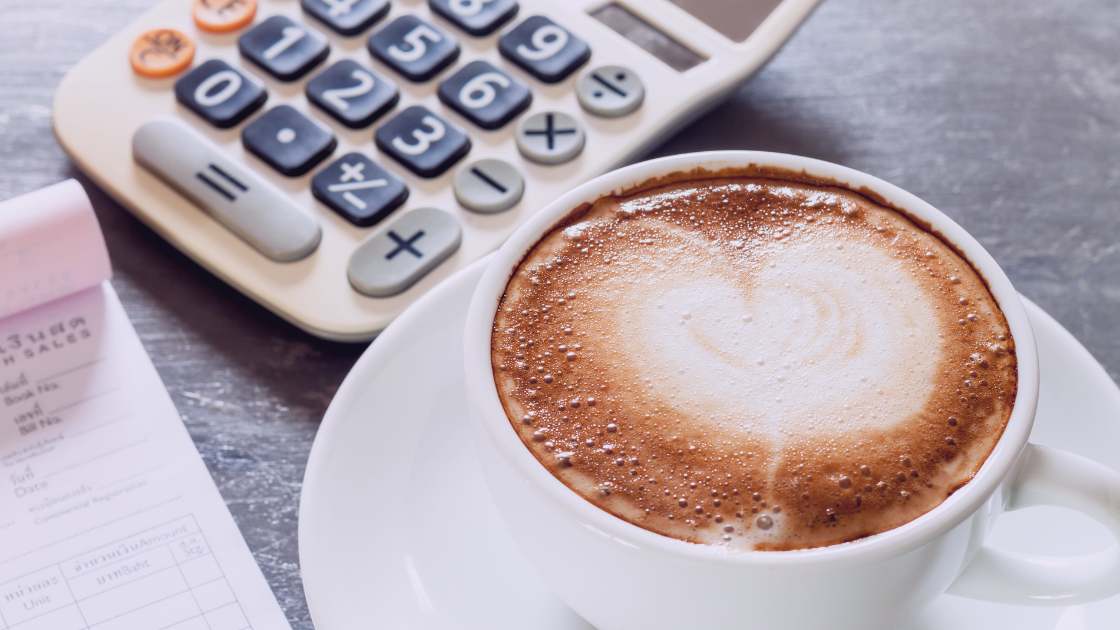Why You Can’t Claim VAT on Client Meals, Staff Coffee and Other Common Expenses
As accountants and tax practitioners, one of the most frequent questions we hear from clients is:
“If I meet a client for lunch, or buy coffee for the office, why can’t I claim the VAT back? It’s a business expense, isn’t it?”
It’s a fair question — and the answer lies in the Value-Added Tax Act, Section 17, which sets out when input VAT can and cannot be claimed.
VAT in Simple Terms
South Africa’s VAT system has two sides:
- Output VAT – the VAT you add when you sell goods or services.
- Input VAT – the VAT you pay when you buy goods or services for your business.
Normally, you can claim back input VAT to reduce the VAT you pay over to SARS. But Section 17 makes it clear that not all expenses qualify — some are specifically excluded, even if they are legitimate business costs.
Why Meals, Coffee and Staff Welfare Are Not Claimable
Section 17(2) of the VAT Act specifically disallows input VAT on “entertainment” expenses. SARS defines entertainment broadly: it includes food, beverages, hospitality, recreation and similar perks.
That’s why:
- Client lunches and coffees fall under entertainment.
- Tea, coffee and refreshments for staff are seen as staff welfare (entertainment).
- Year-end functions, team-building or social events also fall into this category.
The VAT on these expenses simply cannot be claimed back, even though the costs themselves are deductible for income tax purposes.
Common Expenses Where VAT Cannot Be Claimed
To make this easier, here’s a checklist you can use. Whether you are on Xero, Sage Business Cloud, Zoho Books, QuickBooks Online or any similar system, we recommend setting up separate expense accounts so these items are automatically flagged as non-claimable.
Disallowed Input VAT (Section 17 exclusions)
- Meals with clients or suppliers (entertainment)
- Staff refreshments (tea, coffee, biscuits, bottled water)
- Staff parties, year-end functions, social events
- Team-building events with food or drink
- Subsidised staff canteens
- Membership fees or subscriptions to social, sporting or recreational clubs
- Acquisition of motor cars (unless you are in the business of selling or renting them)
Sometimes Allowed (only if strict rules are met)
- Meals and accommodation for staff who must travel and stay overnight away from their usual place of work
- Entertainment costs that are fully charged out and recovered from another person
- Running costs of vehicles (fuel, maintenance) used for taxable supplies
Zero-Rated vs Exempt Supplies (Quick Reference)
It’s also useful to remember the difference between zero-rated and exempt supplies, because this affects your VAT claims:
Zero-Rated (VAT charged at 0%)
- Exports of goods and qualifying services
- Basic foodstuffs (e.g. brown bread, maize meal, milk, rice, eggs, vegetables)
- Certain farming inputs
- International transport
Input VAT on costs linked to zero-rated supplies can still be claimed.
Exempt (no VAT at all)
- Financial services (interest, some banking charges)
- Residential rental accommodation
- Public road and rail transport
- Educational services by approved institutions
Input VAT relating to exempt supplies cannot be claimed.
Final Thoughts
The bottom line is this: Section 17 of the VAT Act makes it clear that some expenses — especially entertainment and staff welfare — do not qualify for input VAT claims.
- Always code these separately in your accounting system.
- Don’t claim VAT unless you are confident it’s allowed.
- When in doubt, leave it out — SARS can and does disallow claims, sometimes with penalties.
At On Q Accounting, we help clients navigate these rules with confidence, whether you’re working in Xero, Sage, Zoho or QuickBooks. With the right setup, you can stay compliant and avoid costly mistakes.
Disclaimer: This article is intended for general information purposes only and does not constitute professional tax advice. For tailored guidance, please speak to a registered tax practitioner.

